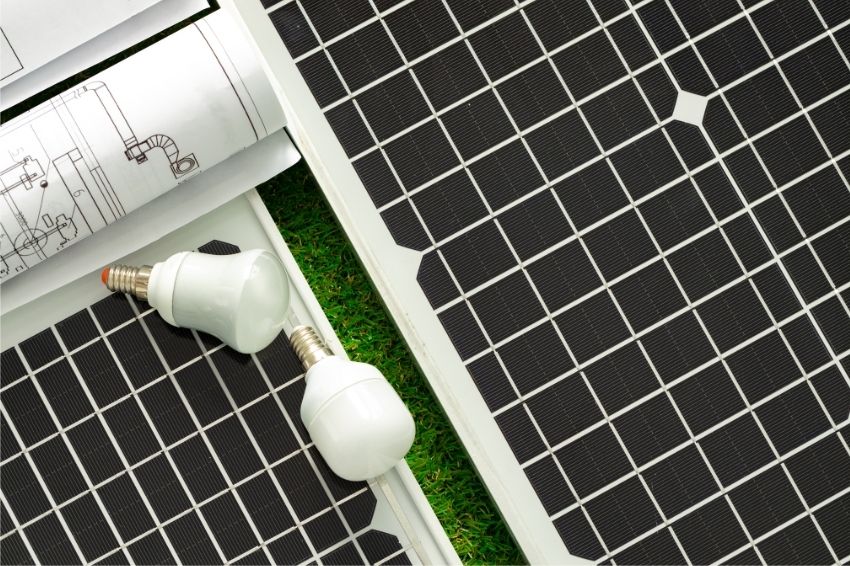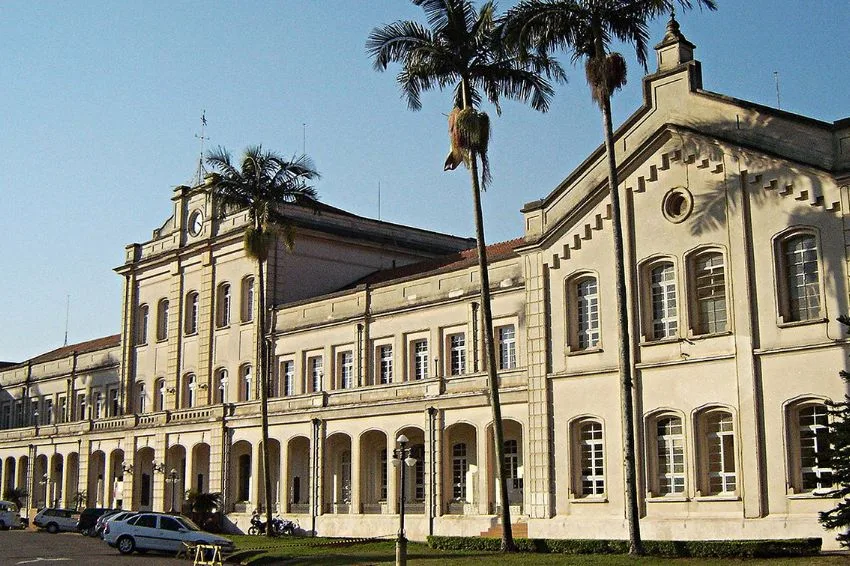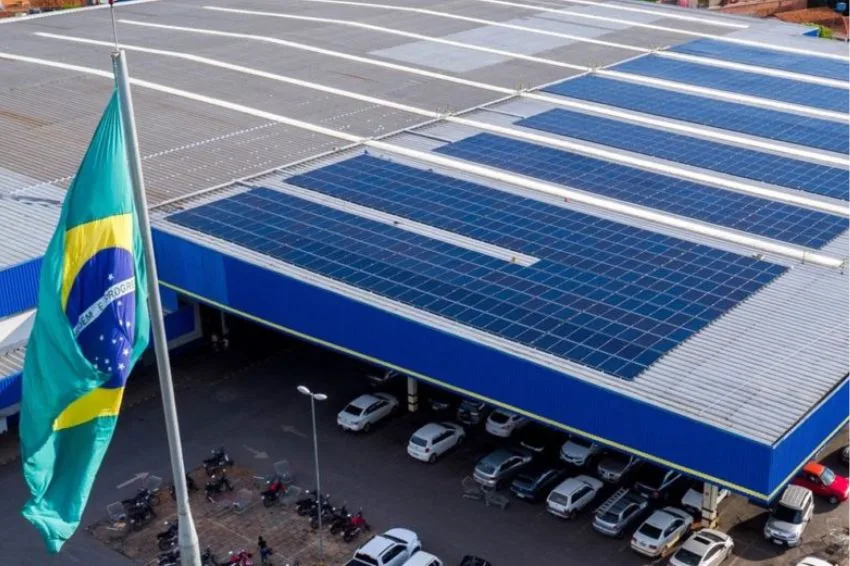Faced with the risk of blackouts or energy rationing, as well as recurring readjustments in electricity bills – due to the water crisis – the number of Brazilians grew who are looking to reduce electricity costs through solar energy.
Read more: ANEEL announces “water scarcity” flag with R$ 14.20 for every 100 kWh consumed
Therefore, amid this increase in consumers who are betting on sustainable sources, integrative companies are registering an increase in demand for photovoltaic kits and reporting risks due to possible shortages.
As is the case with Renew Energia. According to Eduardo Nicol, CEO of the company, there was an increase of around 20% in the number of leads arriving through various sales channels. “In addition, we noticed even greater growth in clients who came to us in the past, who did not close the deal, and are now returning for a new quote,” said Nicol. “The rush for closure has also grown among the proposals we have on the street,” he added.
VoltLux Energia Solar is another company that is experiencing this situation. According to Rodrigo Anselmo da Silva, technical-commercial director, there was a significant increase in demand for kits from end customers who are under negotiation. “They are wanting to update their budgets, and even new customers are requesting their proposals – especially at the beginning of the month, when the energy bill usually arrives, they always get in touch”, he emphasized.
Race for kits causes fear of shortages
In Silva's view, due to this scenario, there is a risk of shortages due to the high demand for generators. “Unfortunately it is possible. We are very careful, adjusting delivery times and contracts so that customers are actually aware of the real possibility of their photovoltaic kits arriving much longer than usual.”
For the CEO of Renew, this fear also exists, judging by what happened at the end of 2020, due to China's maritime transport difficulties. “Now, we will have a significant increase in demand for U.S, because of the announced plan to expand solar from 4% to 45%”.
Read more: Delta variant raises sea freight prices and reaches US$ 16 thousand
“I don’t know if local distributors are prepared to meet the increased demand and if China will be able to supply or prioritize Brazil, in the economic and foreign policy scenario in which we find ourselves”, pointed out the executive.
Distributors seek alternatives
Faced with the possibility of a shortage of inputs in the near future, distributors are anticipating purchases and reinforcing stock, such as Genyx. “With the water crisis we are facing and the increase in tariffs, we saw the demand for kits increase by more than 50%. This, combined with the advancement of the bill [PL 5829] – which gives legal certainty to our sector – caused demand to explode”, reported Bruno Reis, commercial director at Genyx.
“What we are telling our customers is not to leave the purchasing decision until tomorrow, because the market will experience material limitations, despite us already being prepared and having orders placed with all manufacturers by next year”, he highlighted. .
According to Reis, what is happening is a global demand for photovoltaic equipment and factories are not keeping up with the demand. “This increase in supply is causing the price of modules and inverters to rise in China month after month,” he concluded.
Importance of solar + batteries
Another point emphasized by Eduardo Nicol is that, amid this scenario of concerns, consumers, who already have solar generators installed, are looking for Renew to provide hybrid solutions with batteries.
According to José Marangon, a specialist in energy generation, transmission, distribution and commercialization, when using solar panels with batteries, the person is minimizing the risk of running out of electricity.
“But look carefully. It is your risk, not that of society, of the country. Why? Because storage does not generate energy. It's something individual that can be used. It makes them more flexible, especially renewable ones”, he clarified.
“Now, this will largely depend on how you want to work with your energy. Are you going off-grid? If the inverter doesn't have this property, forget it, when there's a blackout you go with it”, highlighted Marangon.
According to him, it is important for people to install solar panels, as this will increase the energy supply. “But if she’s not at the compatible time, at the perfect time? In this case, batteries can play this role”, he concluded.
Battery Benefits
For Mateus Vinturini, a specialist in photovoltaic systems, in the residential context, batteries can serve in two ways: first, the classic idea of backup. “So, when there is a power outage you have an internal network powered by batteries.”
“In addition, they can also reduce the bill of customers who opt for the white tariff, where there are different energy charges at different times. For this type of customer, you accumulate electricity during the day, when it is cheap, and use it at night, bringing a financial gain”, he explained.
“Referring to a slightly larger size, such as an industry, you can also have this play of peak and off-peak tariffs. Instead of turning on a diesel during peak hours, because the tariff is too expensive – or having to turn it off, stop production – you can use a battery bank that was charged during the day”, emphasized Vinturini.
Another point he highlighted would be distribution systems. “In this case, distributors can have large battery banks, for example, to provide this relief during peak hours. This way, energy is stored from the own grid during the day and at night, when people are arriving home. Consequently, by greatly increasing consumption, the battery is used to provide relief”, he concluded.


















2 Responses
Excellent content! Thanks for the opportunity
What is the price of 2 plates to power 1 shower, 1 TV, 1 microwave and a refrigerator (washing machine is used very little)